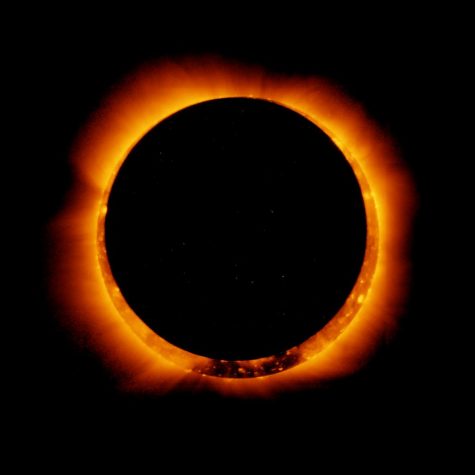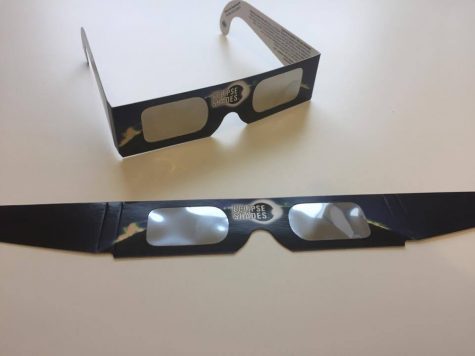
The first total solar eclipse to cross the entire contiguous United States coast-to-coast in 99 years will be close enough to get a glimpse from UNF on Aug. 21.
Though Florida is not directly in the eclipse’s path, students will be able to see the moon block 90 percent of the sun’s light from campus. A viewing party hosted by Campus Life from 1:30 p.m. to 3 p.m. at the amphitheater.
There will be a solar telescope and 2000 free eclipse-viewing glasses handed out as well. They will also show the NASA live stream of the eclipse, documenting the progress of the eclipse as it makes its way across the country.

The best place to view the eclipse is in South Carolina in the path of totality. John Hewitt, UNF astronomy professor, has never seen a total eclipse but he assures us that it’s one of the most impressive things you can experience.
“If you’re in the path of totality day turns to night, the stars come out for two minutes, you can see planets,” said Hewitt. “It’s the only time you can see the sun’s corona or the outermost layer of its atmosphere which streams off into our solar system, and that’s supposed to be spectacular.”
No matter where you’re viewing the eclipse from, Hewitt said, you need to be wearing special eclipse glasses. The glasses, which will be handed out at the viewing party, block out 99.9 percent of light so you will only be able to see the sun.
Hewitt is taking a trip to Idaho to view the eclipse from a mountain with other astronomers but he isn’t the only one taking a trip. The UNF Astronomy Club along with the Society of Physics Students and the American Chemical Society are traveling to South Carolina to see the eclipse in its totality.
The President of the Astronomy Club Jose Pagan is planning the field trip and is excited to see his first total eclipse.
“I’m personally excited to see the reaction of everyone because none of us who are going have ever seen a total eclipse,” said Pagan.
There, the 15 students will camp out with telescopes and cameras along with perhaps hundreds of other people viewing the eclipse. Hewitt warns that traffic in the area will be “hurricane evacuation level” jammed.
The last time the contiguous U.S. saw a total solar eclipse was in 1979. However, this solar eclipse will travel across the country from the West Coast to the East Coast, something which hasn’t occurred since 1918.
—
For more information or news tips, or if you see an error in this story or have any compliments or concerns, contact editor@unfspinnaker.com.











